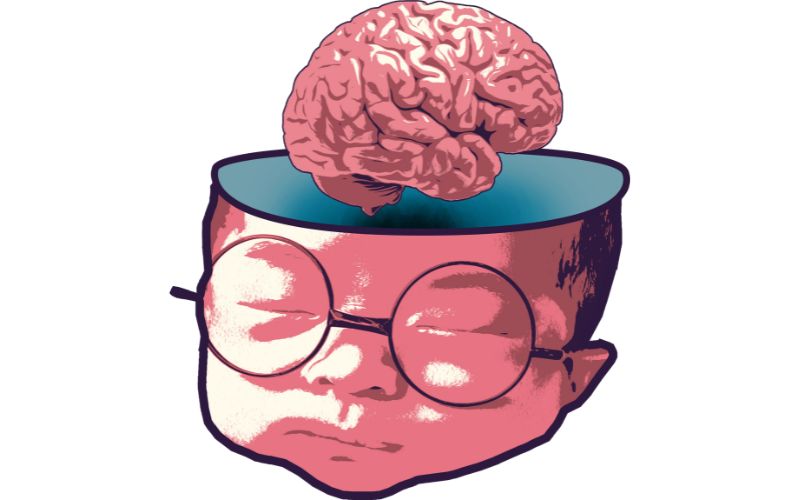Sixteen-year-old Prasoon is handicapped intellectually. He performs below average and does a terrible job at school. In addition, he lacks social skills, is a recluse, has no friends, and doesn't keep himself clean. This kind of developmental problem manifests before the age of eighteen and is typified by deficits in both cognitive abilities and adaptive behaviors.
IQ tests are frequently used to identify limitations to intellectual functioning; a score of less than 70 on an IQ test is typically indicative of the existence of a restriction. Adaptive behaviors incorporate useful, daily abilities including living skills, social engagement, and self-care.
What is Intellectual development disorder?
The illness known as intellectual development disorder, or ID, impairs a person's capacity for thought, learning, and problem-solving. Individuals diagnosed with intellectual disability (ID) experience notable impairments in their cognitive abilities and adaptive behavior, encompassing various social and practical abilities. Numerous factors, including heredity, prenatal drug or alcohol exposure, and medical diseases such as infections or neurological issues, might contribute to ID.
I can be diagnosed at any age and range in severity from moderate to severe. Developmental milestones including sitting up, crawling, walking, talking, and playing with others may take longer for kids with ID to achieve. They might also require support with daily life activities and struggle with self-care responsibilities.
It's crucial to consult a developmental pediatrician or your child's physician if you think they may have ID. They are qualified to evaluate your child's growth and choose the best course of action. To assist your child realize their full potential and enhance their quality of life, this may entail counseling or other interventions.
To schedule a one-on-one consultation with a licensed psychologist to discuss if you or your kid exhibit symptoms of this condition, click Click here.

Leave a Reply